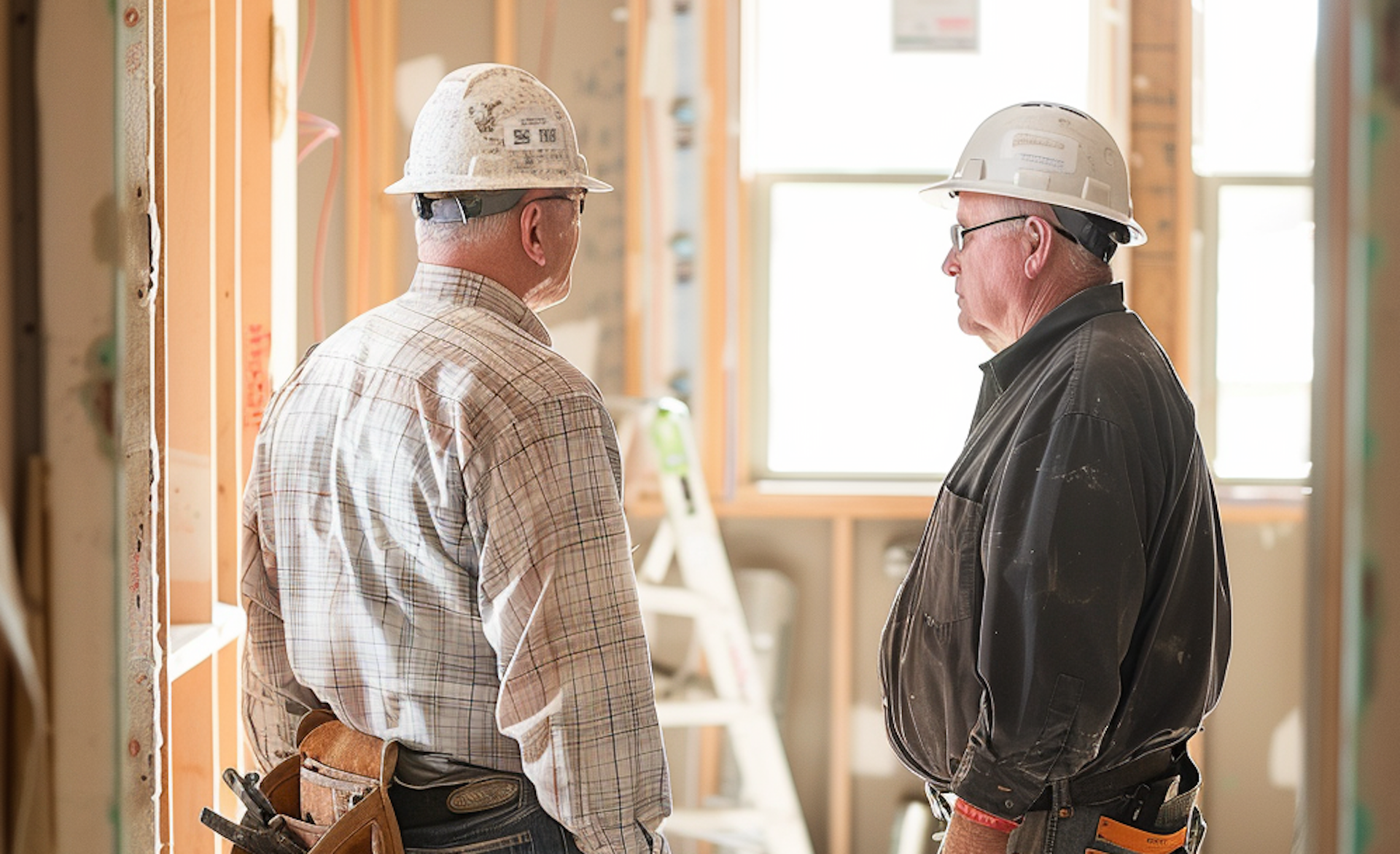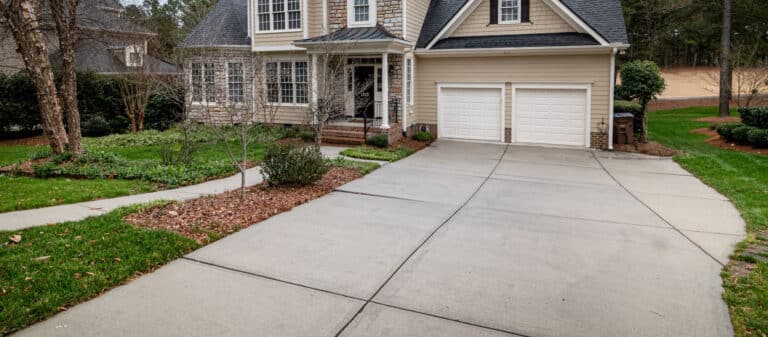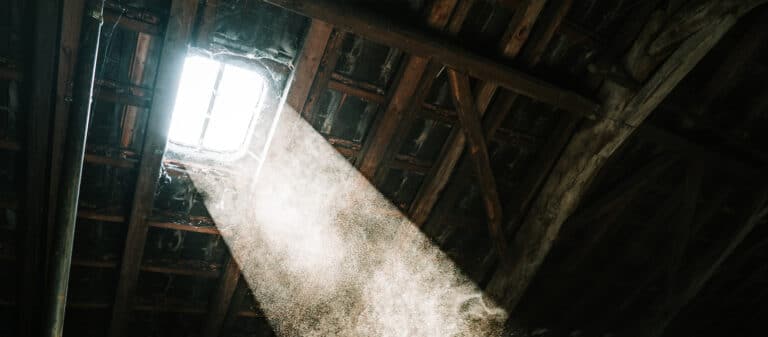Upgrading your home insulation in Northeast PA can save you money on utility bills, qualify you for a federal tax credit, and improve your home’s overall comfort.
While some people are inclined to DIY their home improvement projects, others prefer the ease and security that an insulation contractor provides.
However, this doesn’t mean that working with an insulation contractor is risk-free, especially if they are not properly vetted.
This guide will help you evaluate your insulation contractor to mitigate potential risks and ensure that you work with one who will give you the best results for your project.




1. Research Your Insulation Project Requirements
Empower yourself as a consumer by researching and educating yourself on your insulation needs. We provide several educational materials designed to help you understand more about your insulation needs, including:- Understanding insulation R-value and cost.
- Understanding how much insulation you require.
- Evaluating different types of insulation.
- Insulating your attic.
- Insulating your interior walls.
- Insulating your garage.
- Removing old insulation.
- The importance of air sealing.
2. Use a Specialized Insulation Contractor, Not a General Contractor
Many general contractors and handymen will dabble in insulation services–mostly using fiberglass rolls and batts that are easy for any layman to install. However, there are many important considerations when insulating your home–especially an attic. For example, all insulation must be properly vented, often including installing rafter vents in attics to generate proper airflow. Likewise, general contractors generally don’t have access to specialized materials, such as blower machines that install cellulose and loose-fill fiberglass or spray foam, that provide you with better long-term value. If you want to ensure that an insulation project is done correctly, work with a specialized and certified insulation contractor.3. Ask for Certifications
To prevent getting scammed, you’ll first want to ensure the contractor you are working with has proper business licensing with the state of Pennsylvania. You can also contact the Insulation Contractors Association of America (ICAA) to ensure the contractor you are working with is properly certified. Most importantly, if you work with a contractor that handles spray foam, you’ll want to ensure they are properly certified in spray foam usage. Since spray foam requires proper humidity levels and reoccupation times for installation, your contractor must follow these considerations.4. Get Multiple Estimates
It never hurts to shop around as a consumer. Reach out to multiple contractors for estimates. While price cannot be overlooked, we stress the importance of trust to ensure that whoever you hire gets the job done right.5. Read Online Reviews and Get Referrals
One way to find a trustworthy contractor is to see what other people have experienced working with them. Online reviews are a great place to start, but you can also reach out to other people in your area who have worked with an insulation contractor in the past and are satisfied.6. Ensure Your Contractor Is Insured
Another essential to ask for is proof of insurance. You’ll want to ensure that you are not liable financially if the contractor’s crew is hurt or if your house is damaged.7. Inquire About Materials and Bag Labels
One last tip for savvy consumers is to ask for bag labels on any materials your contractor uses to familiarize yourself more with them. Never work with a contractor with unlabeled insulation, and always be sure to validate R-values to ensure the insulation being installed is up to par.
Tips to Ensure Insulation Jobs Are Up to Par
If you want to evaluate your contractor’s work, you can perform a visual inspection by looking out for the following components:- Rafter vents are installed to ensure proper airflow.
- Attic floors are air-sealed.
- Insulation is protected from recessed lighting.
- Chimney flues are properly sealed.
- Chase holes are sealed.
- (Fiberglass Rolls) Insulation is laid unfaced.
- (Spray foam) Manufacturer re-occupancy times are followed.
- If replacing old insulation, ensure it is degraded and moldy. Most projects allow for new insulation on top.
Additional Homeowner Tips for Working with Insulation Contractors
As a final note, there are some general tips that any consumer can follow when working with an insulation contractor or any general contractor in their area:- Work out payment terms before projects commence. One of the most common issues homeowners face with contractors is payment disputes for unfinished or unsatisfactory work. Figuring out payment terms based on project percentages can help mitigate issues down the road. Likewise, you’ll want to determine whether working with a contractor that charges hourly or by square foot makes more sense.
- Get a proper receipt for all work being done on your house. This protects you in case a contractor does perform poor work. It also ensures that you can apply for a tax credit at the end of the year to upgrade your insulation–this credit renews every year!
- Ensure contractors use proper footwear. Don’t let contractors ruin your floors! Ensure contractors protect your floors with proper footwear, especially if they use spray foam.











